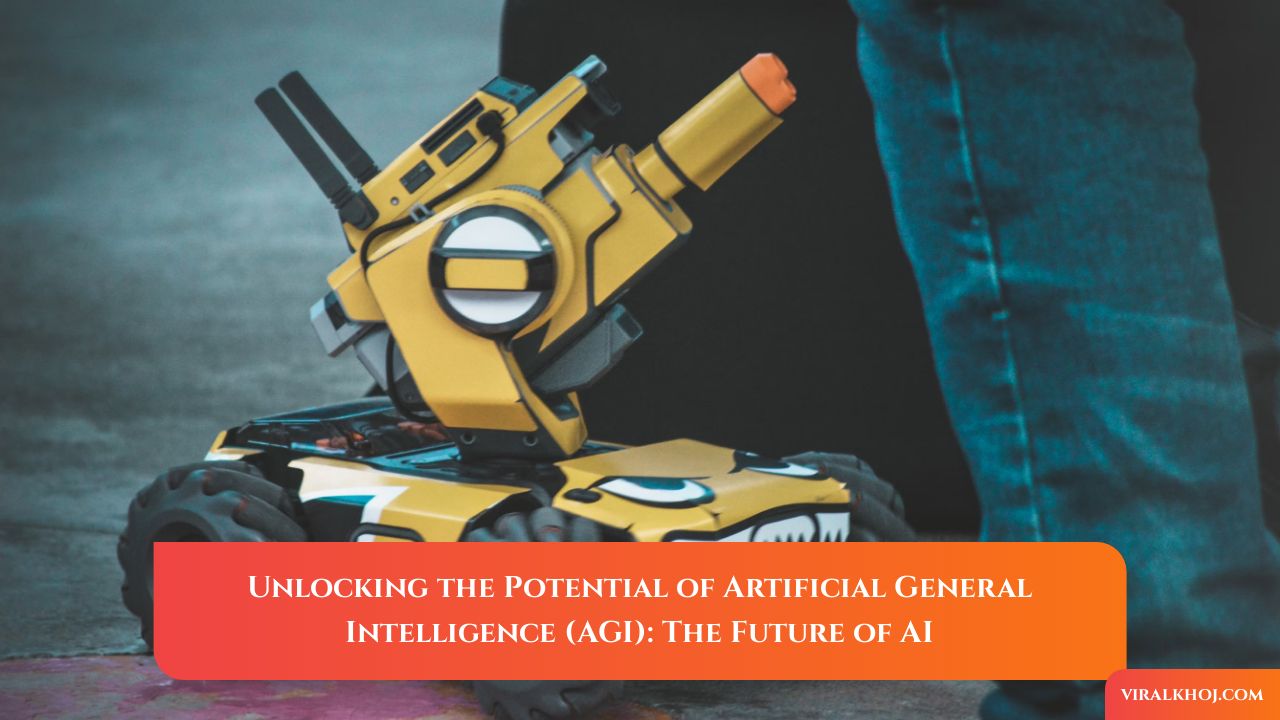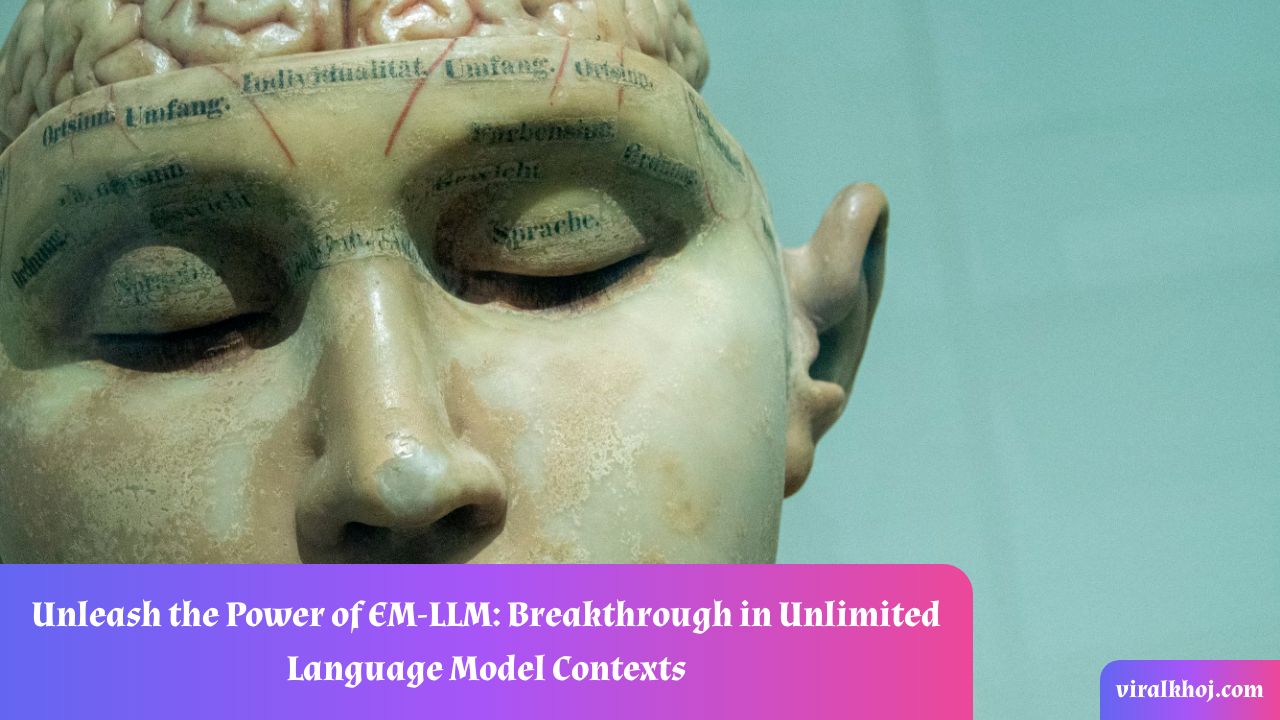Unlocking the Potential of Artificial General Intelligence (AGI): The Future of AI

Artificial General Intelligence (AGI) is the holy grail of artificial intelligence (AI) development. It represents the pinnacle of AI capabilities, where machines possess the ability to perform any intellectual task that a human can do. AGI encompasses reasoning, common sense, abstract thinking, background knowledge, transfer learning, and the ability to differentiate between cause and effect.
AGI goes beyond the current state of AI technologies like ChatGPT and DALL-E, which excel in prediction based on extensive training data. While these technologies are impressive, they still cannot match human-level performance in terms of creativity, logical reasoning, sensory perception, and other cognitive abilities.
The Eight Capabilities Required for AGI
In order to achieve AGI, there are eight key capabilities that AI systems need to master:
- Visual Perception: AI systems must achieve color consistency to attain human-like perception.
- Audio Perception: AI's ability to extract and process sound is currently limited by hardware and software restrictions.
- Fine Motor Skills: AI-powered robots have yet to achieve the level of fine motor skills that humans possess.
- Natural Language Processing: AGI would need to consume various sources of information and fill gaps in human communication.
- Problem-solving: AGI should learn from its environment and adapt to new situations without explicit programming.
- Navigation: Autonomous robot systems that can navigate without human intervention require further development.
- Creativity: AI systems need the ability to write their own code and understand and improve upon existing human-created code.
- Social and Emotional Engagement: AI needs to interpret facial expressions and changes in tone for successful human-robot interaction.
These capabilities are vital for AGI to truly emulate human cognitive abilities and achieve a level of creativity and emotional engagement comparable to humans.
The Path to AGI
The concept of AGI was first introduced by British mathematician Alan Turing in his 1950 paper, "Computing Machinery and Intelligence." Turing proposed the Turing test as a benchmark for evaluating AI progress, which involves assessing whether a machine can engage in a conversation with a human without being detected as a machine.
While AGI is still a work in progress, the potential benefits it offers are immense. In healthcare, AGI could revolutionize diagnostics, treatment planning, and personalized medicine by analyzing vast datasets. In the field of education, AGI can enhance learning experiences and provide personalized solutions tailored to individual needs and preferences. It could also contribute to advancements in space exploration, leading to a better understanding of the universe and the discovery of life-saving resources.
OpenAI's Sam Altman predicts that AGI will have a transformative impact, offering unprecedented problem-solving capabilities and creative expression. It will generate significant productivity and economic value.
As we unlock the potential of AGI, it is crucial to prioritize ethical AI development, ensuring alignment with ideal values and transparency. This will create a strong foundation for AGI's responsible and beneficial integration into various industries and sectors.
The journey towards AGI has just begun, but its possibilities are vast. With continued research and development, we are inching closer to a future where machines can match and even exceed human cognitive abilities.


The Ethical Implications of AI in Warfare: A Call for Responsibility
27 Aug 2024
Reddit Blocks Bing Search Engine Access: Impact on Other Search Engines
28 Jul 2024
Google's Privacy Shift: Implications for Chrome Users and Regulators
28 Jul 2024
Unlocking Infinite Context Lengths for Large Language Models: The EM-LLM Breakthrough
17 Jul 2024
Why EV and AI’s energy-saving pitch in India is a clickbait
17 Jul 2024